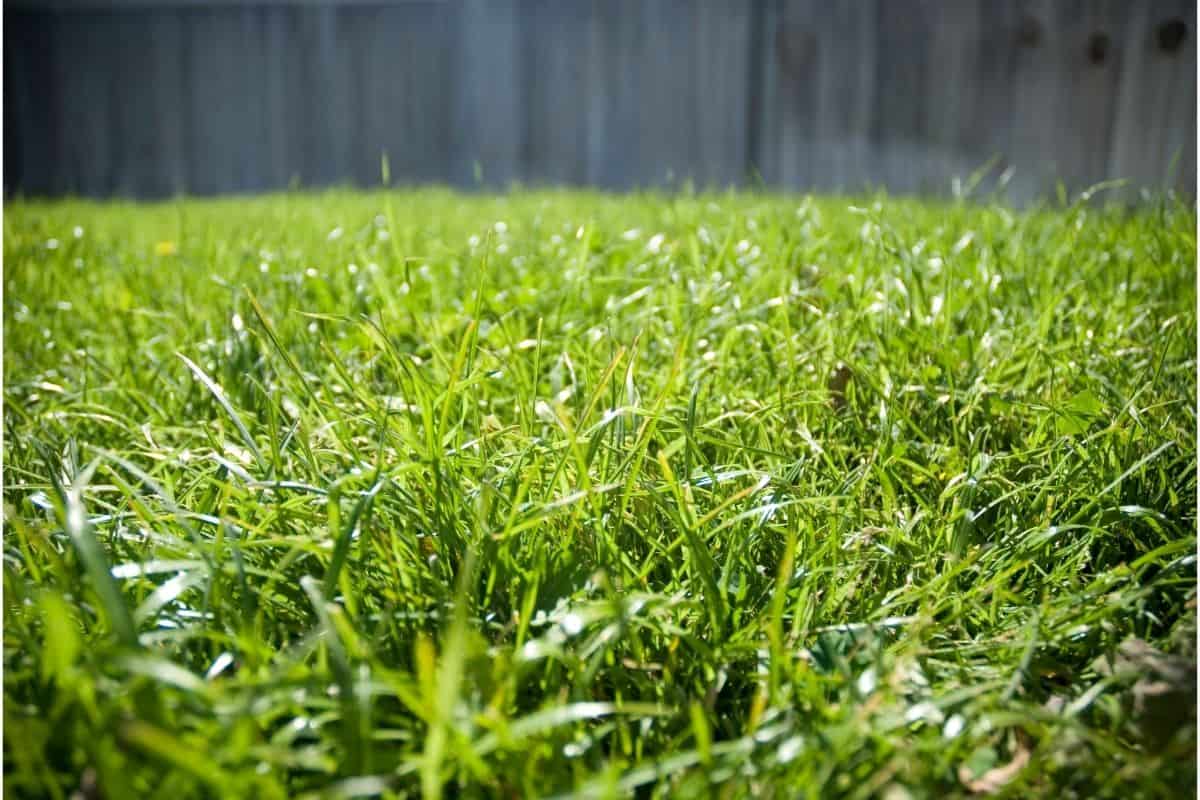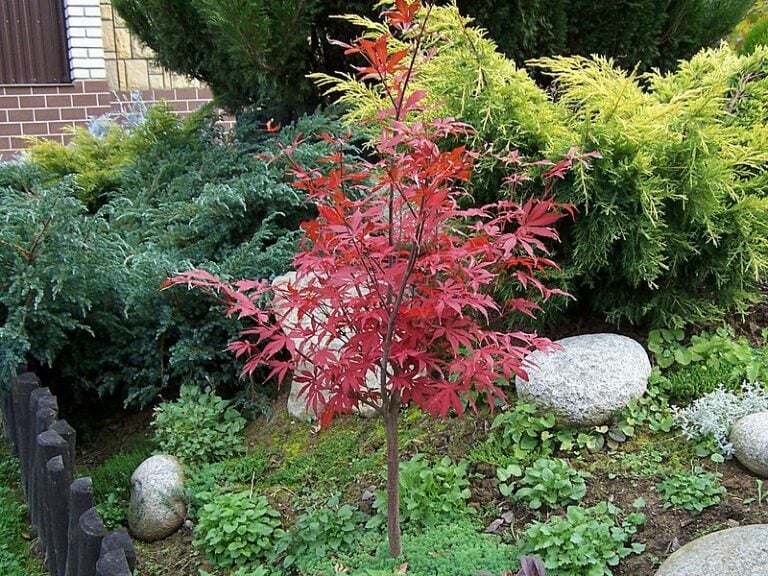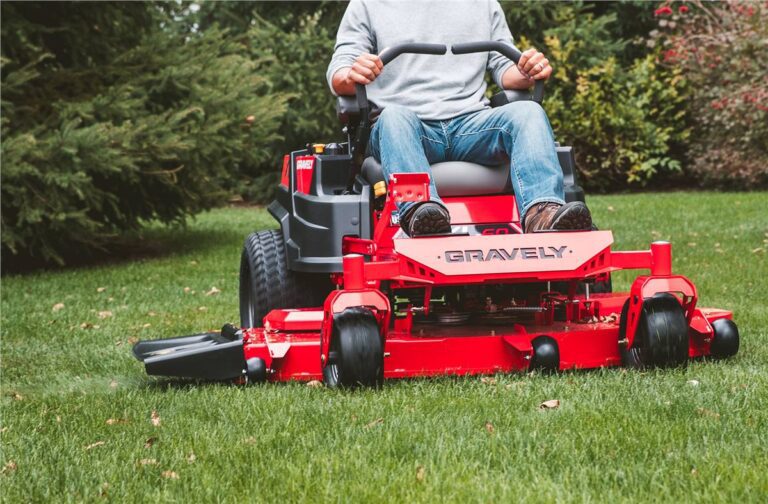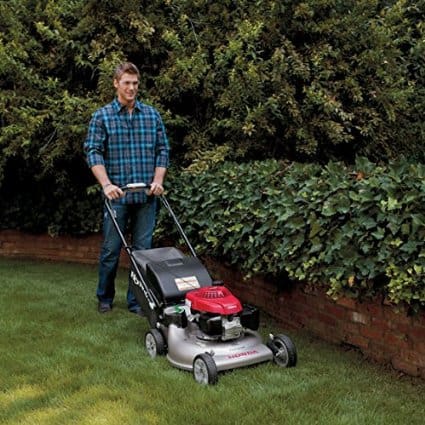What Is Bermuda Grass, And How Is It Bad For Your Yard?
Bermuda grass is native to tropical regions such as Florida, Hawaii, Puerto Rico, and the Caribbean. It was introduced to North America in the early 1900s.
The plant thrives in warm weather and requires little water. It is often planted near ponds or lakes, where it can absorb excess nutrients from runoff.
Bermuda grass has numerous negative impacts on lawns. It is invasive and spreads rapidly, causing damage to other plants and animals.
In this article, we will be going into further detail about what Bermuda grass is and why it may be bad for your yard.
Why Do Gardeners Love Bermuda Grass?
A lot of people love to have Bermuda grass in their yard, as it helps them create a luscious green lawn easily. Bermuda grass is known for being able to grow extremely quickly.
Typically, it will grow from seeds in a dense lawn. This type of grass is very tolerant of weeds, insects, and diseases. Bermuda grass will thrive in drought tolerant and hot climates.
When it comes to Bermuda grass, its roots will grow deep under the ground to reach as much moisture as possible.
If it doesn’t get the required moisture, the grass will become dormant and stop growing. However, Bermuda grass is a very resilient type of grass to have in your yard.
For example, if an area of the grass gets damaged in some way, then the grass uses its regenerative abilities to produce new grass in no time.
This is the main feature that makes this grass so loved by gardeners. However, not everyone likes Bermuda grass.
The Damage Caused By Bermuda Grass
Bermuda grass grows quickly, but it is also known as an invasive species of grass.
If you have any other lawn covers, vegetable gardens or ornamental beds near Bermuda grass, then beware. As the Bermuda grass will try to grow into these areas.
To make sure that your Bermuda Grass doesn’t grow into places that you don’t want it. Then you need to give it chemical edging and regular maintenance while it is growing.
A lot of landscapers and homeowners will use a lawn edger to create sharp edges for lawn borders or driveways.
Then they will use a weed killer containing glyphosate, which will stop the grass.
However, if your neighbor has Bermuda grass, then you need to be careful. As the grass may grow into your own yard as well.
The issue a lot of people face is that the chemicals that can control and kill Bermuda grass, will also affect most types of other grasses as well.
It isn’t easy to kill Bermuda grass, and you will be constantly battling with it.
Using Vinegar And Salt To Kill Bermuda Grass
Not everyone wants to use chemicals in their garden, therefore they need a more eco-friendlier option.
Vinegar and salt is seen as a much more eco-friendly option to a lot of pesticides that you could also use.
For this method, you will need to create a solution containing 1 gallon of vinegar and 1 cup of salt. However, this solution is so strong and effective that it will kill anything that it touches.
Therefore, it can kill your plants, flowers and any grass that this solution gets into. Alongside this, the solution will soak into the soil.
This results in nothing being able to grow in that soil for a while.
Try spraying light mist, which will keep all your plants safe, and only a few drops of the solution will soak into the soil.
A very small amount, which will disperse and neutralize in the soil really quickly.
As the solution is strong, it is recommended to wear gloves when handling the solution. Also concentrate on your areas of Bermuda grass, to avoid killing of your other plants.
Could You Dig Your Bermuda Grass Up?
Digging Bermuda grass up is a difficult task. This is only really an option, if the grass is confined to a small area, and you have run out of options to deal with it.
It is difficult to grow Bermuda grass up as it has rhizomes and roots deep underground. Rhizomes are stems that grow under the ground sideways.
Then new grass can grow from these shoots. By digging up the grass, if you don’t dip them, then the grass can grow back.
By digging it up, you need to dig around 6 inches underground. This way, you are making sure you are removing all the roots and rhizomes in the soil.
Control The Grass

If you have Bermuda grass in your grass, then you should know that it is almost difficult to kill it entirely. This is due to its invasive nature, and will mix into other types of grass.
Therefore, you won’t be able to completely eradicate all the grass, without killing the other varieties of grass in your yard.
You may want to use a herbicide, however, these just burn the foliage. It doesn’t tackle the deep root system where the energy is stored.
Thus, new foliage can grow back really easily. Although, there are some systemic lawn herbicides which can help to control the grass.
A systemic herbicide will be absorbed by the foliage of the grass. This then seeps through the plant, to destroy the plant.
Fluazifop is the ingredient that you want to look out for, as it will kill Bermuda grass.
Or look out for a product that uses Sethoxydim, which will help to control any Bermuda grass that is found on a centipede yard.
Organically Killing Bermuda Grass
To kill Bermuda Grass organically, then you will need a lot of persistence and patience. However, organic methods can be non-selective.
We have put together a short guide on all the organic ways you can kill Bermuda Grass in your yard below.
Smothering
You may want to smother the Bermuda grass. Scalp the top layer of the grass using a sod cutter or a garden spade. Then cover the scalped ground with 3 to 4 layers of heavy-duty cardboard.
After that, cover the cardboard with mulch that is 4 to 6 inches high. Then leave the area alone for around 6 months. After 6 months, you can begin planting in the area.
Soil Solarization
When it comes to soil solarization, it must be completed during the warmest time of summer.
It needs minimum temperatures reaching above 85 degrees Fahrenheit, for 4 weeks. The hotter the climate is for longer periods of time is best.
You need to grow your grass as short as you can. Then rotate the area until it reaches a depth of around 12 inches. They slowly irrigate the area in water, around 1 to 2 inches deep.
Cover the area with a sheet of plastic, making sure there is a 2-foot margin around the area. Make sure that you anchor the plastic down and leave it for 4 to 6 weeks.
What To Do After?
After you have removed the grass, you need to keep an eye out for it. It is easy for this grass to make a comeback and grow back quickly.
When you do spot it, dig it out as soon as you can. It is impossible to completely destroy Bermuda grass, but as long as you stay on top of it. This will make it more manageable.
Conclusion
Bermuda grass is a great way to have a luscious green yard, but it is an invasive species that will grow everywhere. It can be difficult to control and takes a lot of work to completely eradicate.
We hope this article has given you a better understanding about Bermuda grass and why it may be bad for your yard.



